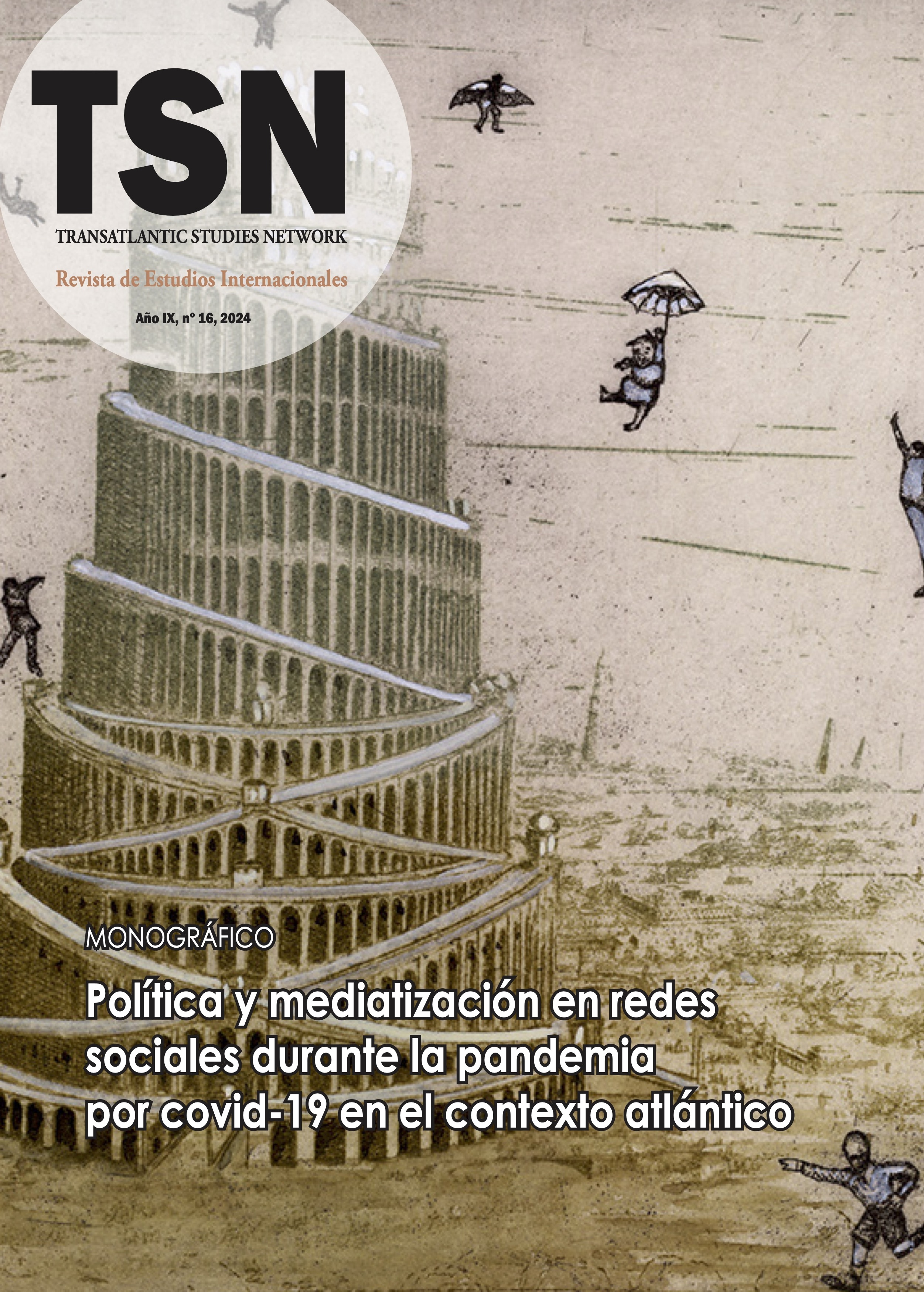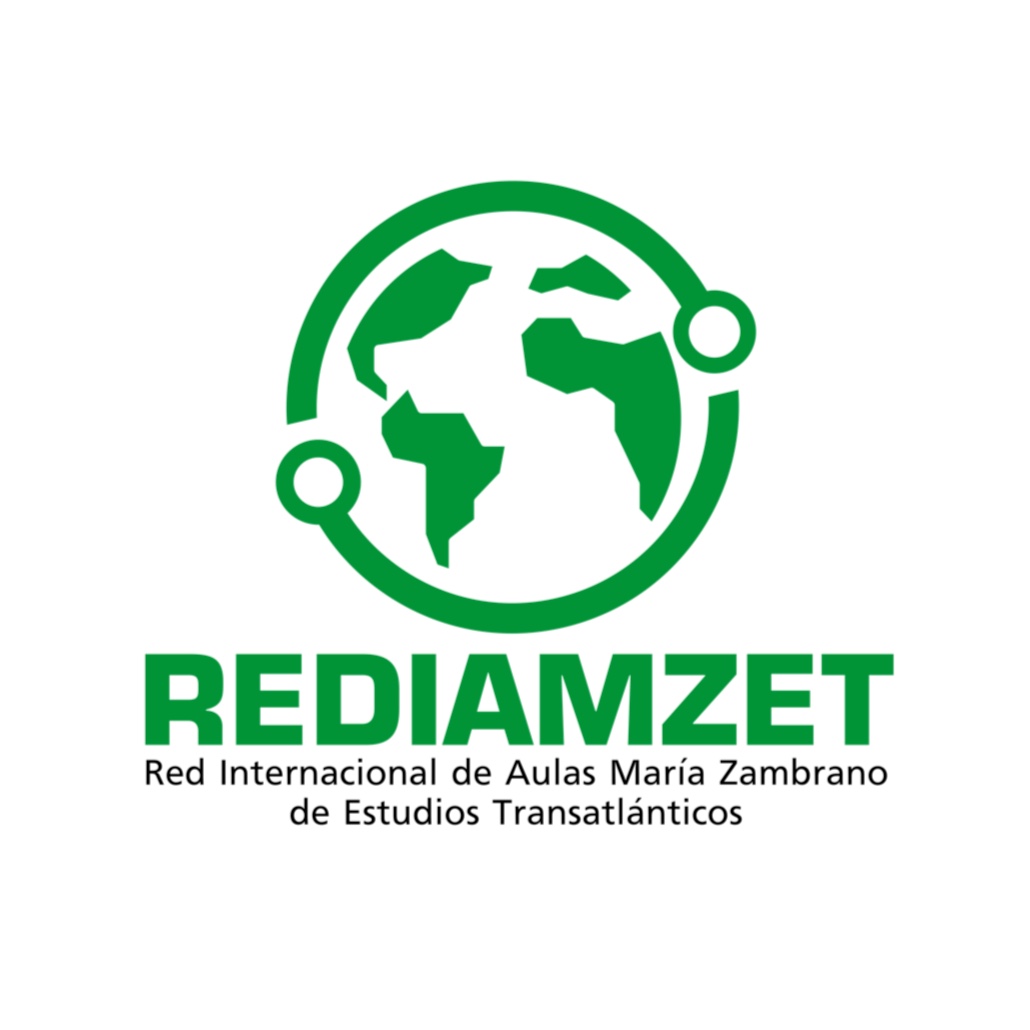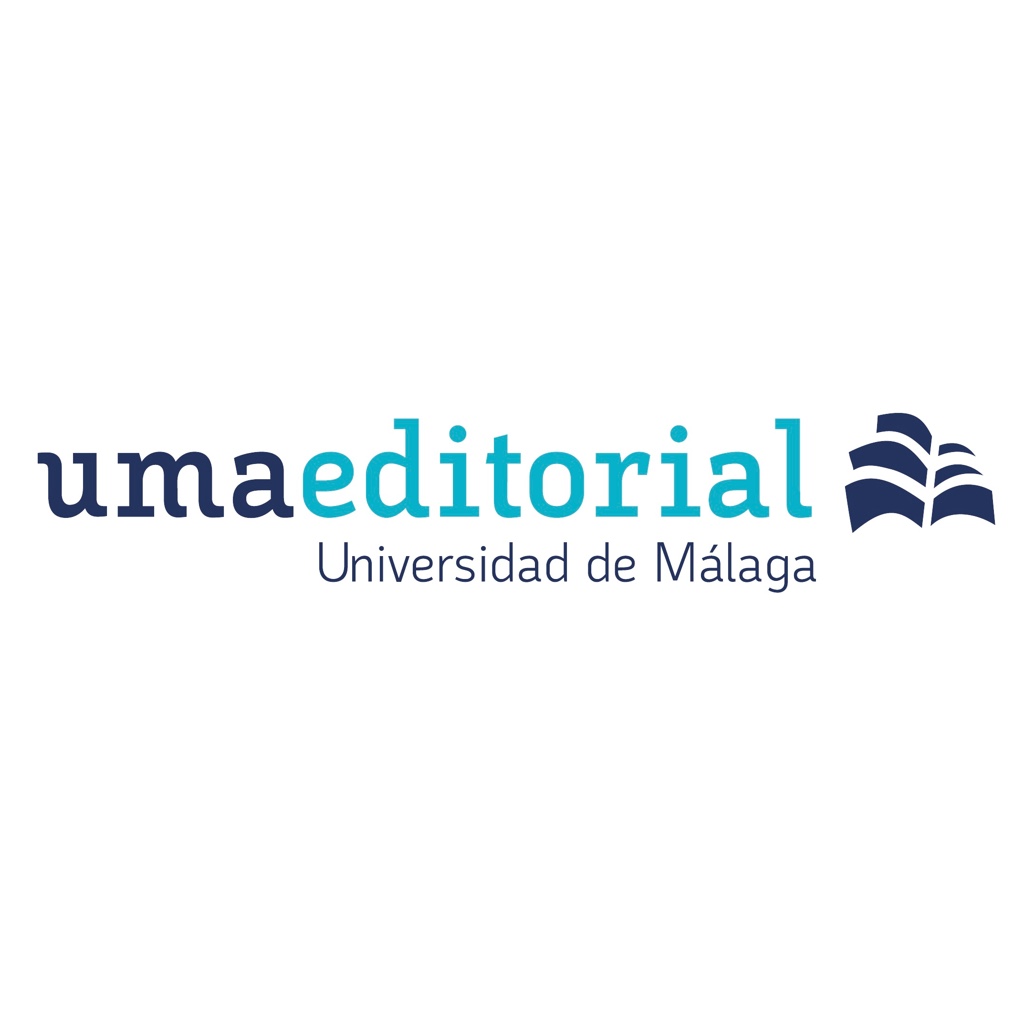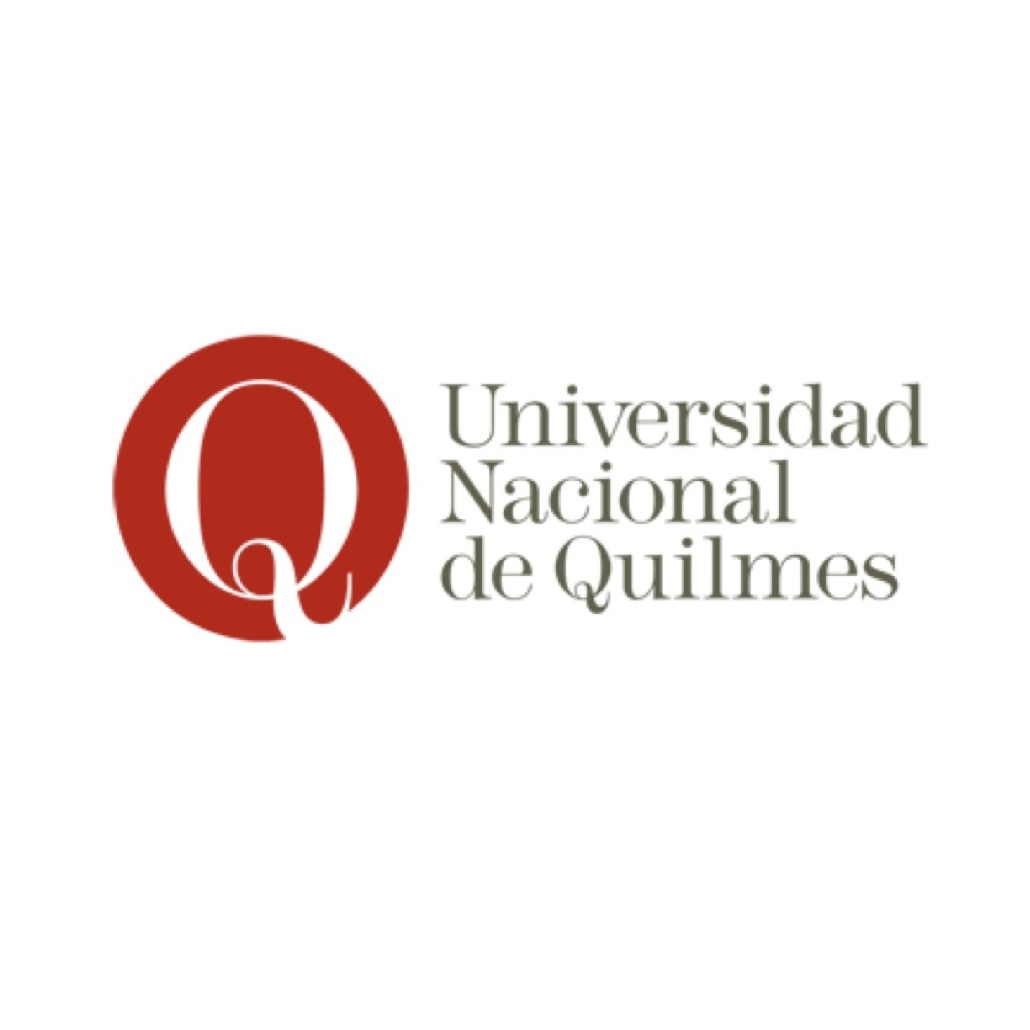Telegram Discussion Groups. An Approach to the Argentinean Irredentos in Pandemic Times
DOI:
https://doi.org/10.24310/tsn.16.2024.20206Keywords:
Telegram, covid-19, digital democracy, political communication, socio-semiotics, anti-vax groups, fake newsAbstract
The aim of this article is to describe and analyze the arguments against vaccination for covid-19 put forward by groups of people in the socio-digital network Telegram between June 28 and July 1 of 2021. More specifically, it is proposed to identify the plurality of arguments of those people who opposed the vaccination system, with its nuances and differences. Moreover, it investigates the logics of reasonableness and legitimacy that underline them. We use the methodological approaches of the sociosemiotics and sociolinguistics to describe the interpretative model of those who was against vaccination, through the analysis if the discursive marks. As we saw during 2020 and 2021, the effective actions against the pandemic would not be enough if we do not have the consensus with all the social actor, including those who are against the scientific discourses of the State.
Downloads
Metrics
References
Apuke, O., y Omar, B. (2021): «Fake News and Covid-19: Modelling the Predictors of Fake News Sharing among Social Media Users», en Telematics and Informatics, 56, 101475. Doi: 10.1016/j.tele.2020.101475.
Bárcenas Barajas, K., y Preza Carreño, N. (2019): «Desafíos de la etnografía digital en el trabajo de campo onlife», en Virtualis, 10 (18), pp. 134-151.
Bykov, I. A.; Medvedeva, M. V.; y Hradziushka, A. A. (2021): «Anonymous Communication Strategy in Telegram: Toward Comparative Analysis of Russia and Belarus», en Communication Strategies in Digital Society Seminar (ComSDS), pp. 14-17. Doi: 10.1109/ComSDS52473.2021.9422858.
Catalán-Matamoros, D. (2020): «La comunicación sobre la pandemia del covid-19 en la era digital: manipulación informativa, fake news y redes sociales», en Revista Española de Comunicación en Salud, 1, S5-S8. Doi: 10.20318/recs.2020.5531.
Cesarino, L. (2021): «Antropologia digital não é etnografia: explicação cibernética e transdisciplinaridade», en Civitas. Revista de Ciências Sociais, 21 (2), pp. 304-315. Doi: 10.15448/1984-7289.2021.2.39872.
Cinelli, M.; Quattrociocchi, W.; Galeazzi, A.; Valensise, C. M.; Brugnoli, E.; Schimdt, A. L.; Zola, P.; Zollo, F.; y Scala, A. (2020): «The Covid-19 Social Media Infodemic», en Scientific Reports, 10, 16598. Doi: 10.1038/s41598-020-73510-5.
Da Silva Lopes, I., y De Ulysséa Leal, D. (2020): «Entre a pandemia e o negacionismo: a comunicação de riscos da covid-19 pelo Ministério da Saúde do Brasil», en Chasqui. Revista Latinoamericana de Comunicación, 145, pp. 261-280.
Fernández, J. L. (2020): «Un presidente entre la pandemia y el postbroadcasting», en Questión. Periodismo/Comunicación. Doi: 10.24215/16696581e301.
Guber, R. (2011): La etnografía. Método, campo y reflexividad. Buenos Aires: Siglo XXI.
Hatcher, W. (2020): «A Failure of Political Communication Not a Failure of Bureaucracy: The Danger of Presidential Misinformation during the Covid-19 Pandemic», en American Review of Public Administration, 50 (6-7), pp. 614-620.
Hochschild, A. R. (2016): Strangers in Their Own Land. Nueva York: The New Press.
Johns, A.; y Cheong, N. (2021): «The Affective Pressures of WhatsApp: from Safe Spaces to Conspiratorial Publics», en Continuum, 35 (5), pp. 732-746. Doi: 10.1080/10304312.2021.1983256.
López Tárraga, A. B. (2020): «Comunicación de crisis y ayuntamientos: el papel de Telegram durante la crisis sanitaria de la covid-19», en RAEIC, Revista de la Asociación Española de Investigación de la Comunicación, 7 (14), pp. 104-126. Doi: 10.24137/raeic.7.14.5.
Marzioni, S. C. (2020): «Explorando las valoraciones de las personas mayores respecto de las políticas sociales y los derechos ciudadanos en la esfera pública digital», en Question/Cuestión, 2 (66), e493, https://doi.org/10.24215/16696581e493
Morán, P. (2020): «Social Media: A Pandemic Misinformation», en The American Journal of Medicine, 133 (11), pp. 1247-1248.
Murthy, D. (2011): «Emergent Digital Ethnographic Methods Far Social Research», en Hesse-Biber (ed.): Handbook of Emergent Technologies in Social Research. Nueva York: Oxford University Press.
Newton, K. (2020): «Government Communications, Political Trust and Compliant Social Behaviour: The Politics of Covid-19 in Britan», en The Political Quaterly, 91 (3), pp. 502-513.
O'Reilly, T. (2005): «What is Web 2.0? Design Patterns and Business Models for the Next Generation of Software», en Kear Donelan y Ramage (eds.): Online Communication and Collaboration. Londres: Routledge, pp. 225-235.
Pink, S.; Horst, H.; Postil, J.; Hjorthm L.; Lewis, T.; y Tacchi, J. (2015): Digital Etnography. Principles and Practice. Londres: SAGE.
Rodríguez Cruz, O. (2021): «Etnografía digital de los sitios web de 10 estados en México para erradicar la violencia contra las mujeres», en Chasqui. Revista Latinoamericana de Comunicación, 148, pp. 259-278, https://doi.org/10.16921/chasqui.v1i148.4626
Sánchez González, H. M., y Martos Moreno, J. (2020): «Telegram como herramienta para periodistas: percepción y uso», en Revista de Comunicación, 19 (2), pp. 245-261. Doi: 10.26441/RC19.2-2020-A14.
Sciurano, G. A., y Siede, L. V. (2021): «Muerte y clivaje político en la Argentina contemporánea: una etnografía digital de la opinión pública sobre el homicidio de Fernando Báez Sosa», en Revista M. Estudos sobre a Morte, os Mortos e o Morrer, 6 (12), pp. 398-415.
Shotter, J. (2001). Realidades conversacionales. La construcción de la vida a través del lenguaje. Buenos Aires: Amorrortu.
Sierra, A.; González-Tosat, C.; y Rodríguez-Virgili, J. (2022): «El uso de Telegram por los partidos políticos españoles en las elecciones generales de 2019», en Obervatorio (OBS), 18 (1), pp. 138-159.
Slimovich, A. (2021): «La mediatización política durante la pandemia por covid-19. La argumentación en las redes sociales de Alberto Fernández y Mauricio Macri», en Dixit, 34, pp. 1-14. Doi: 10.22235/d34.2273.
Urman, A., y Katz, S. (2020): «What They Do in the Shadows: Examining the Farright Networks on Telegram», en Information, Communication & Society, 25 (7). Doi: 10.1080/1369118X.2020.1803946.
Van der Linden, S.; Roozenbeek, J.; y Compton, J. (2020): «Inoculating against Fake News about Covid-19», en Frontiers in Psychology. Doi: 10.3389/fpsyg.2020.566790.
Vasilachis de Gialdino, I. (2013): Discurso científico, político, jurídico y de resistencia. Análisis lingüístico e investigación cualitativa. Barcelona: Gedisa.
Verón, E. (1987): «La palabra adversativa. Observaciones sobre la enunciación política», en Verón, Arfuch, Chirico et. al.: El discurso político. Lenguajes y acontecimientos. Buenos Aires: Hachette, pp. 11-26.
Verón, E. (1998): La semiosis social. Fragmentos de una teoría de la discursividad. Barcelona: Gedisa.
Vitale, M. A. (2015): «Hacia una retórica crítica», en G. Ramírez Vidal y E. Linding Cisneros (eds.): Convergencias teóricas. Usos y alcances de la retórica. México: Universidad Nacional Autónoma de México.
Downloads
Published
How to Cite
Issue
Section
License
Copyright (c) 2024 TSN. Transatlantic Studies Network

This work is licensed under a Creative Commons Attribution-NonCommercial-ShareAlike 4.0 International License.



























